
Date: 16 May 2025
Glass for Europe played a key role in organising the event and facilitating the discussion, ensuring that policymakers understood the realities of the flat glass sector.
During the first panel discussion dedicated to greening glass manufacturing, Glass for Europe’s Chairman, Mr Davide Cappellino from AGC Glass Europe engaged in a discussion with Mr Kurt Vandenberghe from DG CLIMA, Ms Elena Donazzan, Member of the European Parliament and a representative of the container glass sector.
Mr Cappellino touched upon several issues, including the technological challenges that remain to be overcome for the full decarbonisation of the flat glass production process, the importance of glass recycling, and the limited market acceptance of lower-carbon glass products successfully developed by the European industry in the recent years. This paved the way for an enriching discussion on possible policy responses to these issues with the high-level policy officials involved in the panel.
Following a second panel dedicated to investment drivers and trade conditions, Glass for Europe’s Secretary General, Mr Bertrand Cazes, who is also acting Secretary General of Glass Alliance Europe, delivered the event’s closing remarks. He emphasised that the industry is committed to sustainable practices but that it is also facing a severe crisis which makes investment decisions difficult. He then presented policy recommendations in six areas to create a more conducive policy environment:
- Ensuring access to low-carbon energy, infrastructures, and recycled glass
- Supporting electricity efforts by making the glass sector eligible to indirect cost compensation,
- Adressing investment gaps to support decarbonization efforts, especially in sectors like flat glass where the decarbonisation technologies are not yet available.
- Reforming the EU ETS to guarantee liquidity on the carbon market and ensure protection against carbon leakage.
- Creating lead markets for low carbon European-made products.
- Introducing timely trade defence measures in case of unfair competition from third countries.
Thomas Davreux, Chairman of Glass Alliance Europe and Director General of INDUFED – a national partner of Glass for Europe – reminded us that glass and glazing products are essential to Europe’s transition to climate neutrality and strategic autonomy, thanks to glazing’s exceptional energy-saving properties in buildings. Therefore, reinforcing the competitiveness of this industry should be a priority for European policymakers.
Glass for Europe will be busy in the coming weeks and months relaying these policy messages and continuing the discussion with policy makers on all these issues.
A big thank you to Glass Alliance Europe, the moderator, speakers, and fellow participants for their engaging contributions, and to the Polish Presidency of the Council of the European Union for granting its patronage to this unique policy event.
 600450
600450

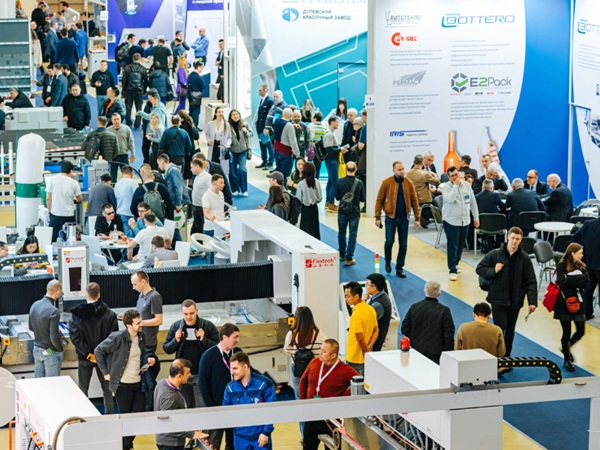

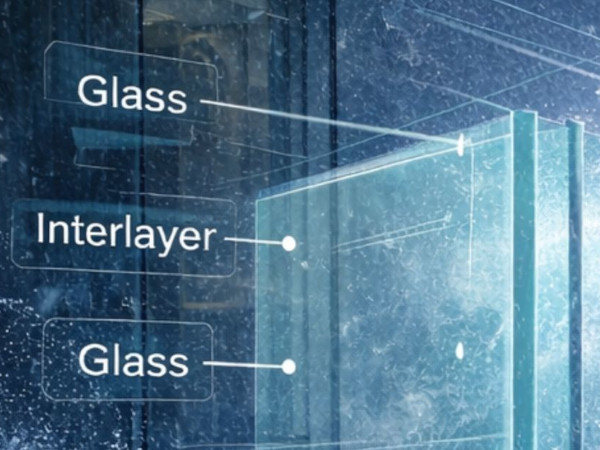
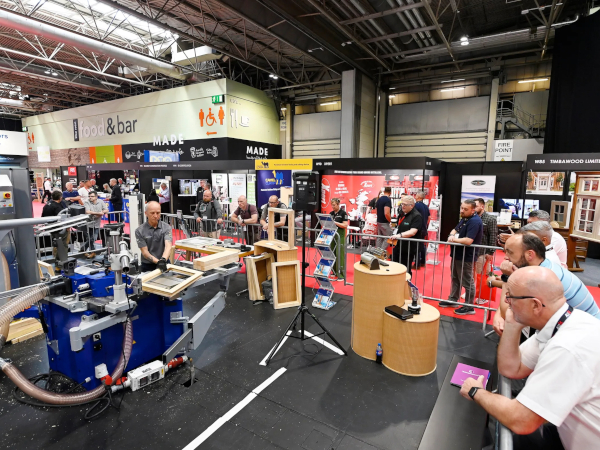
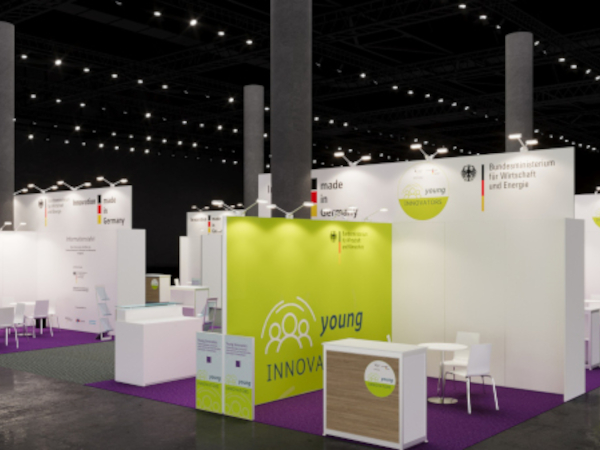
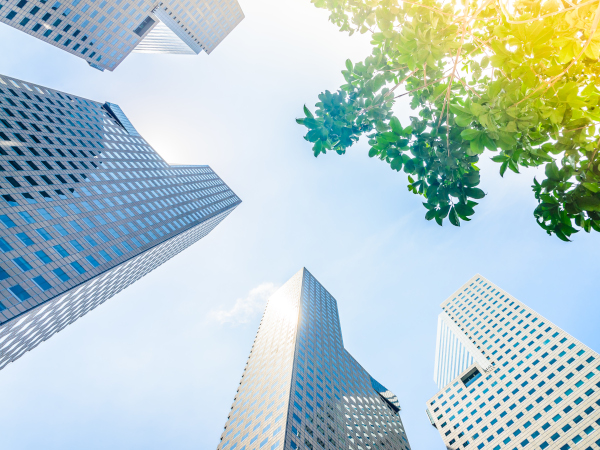
Add new comment